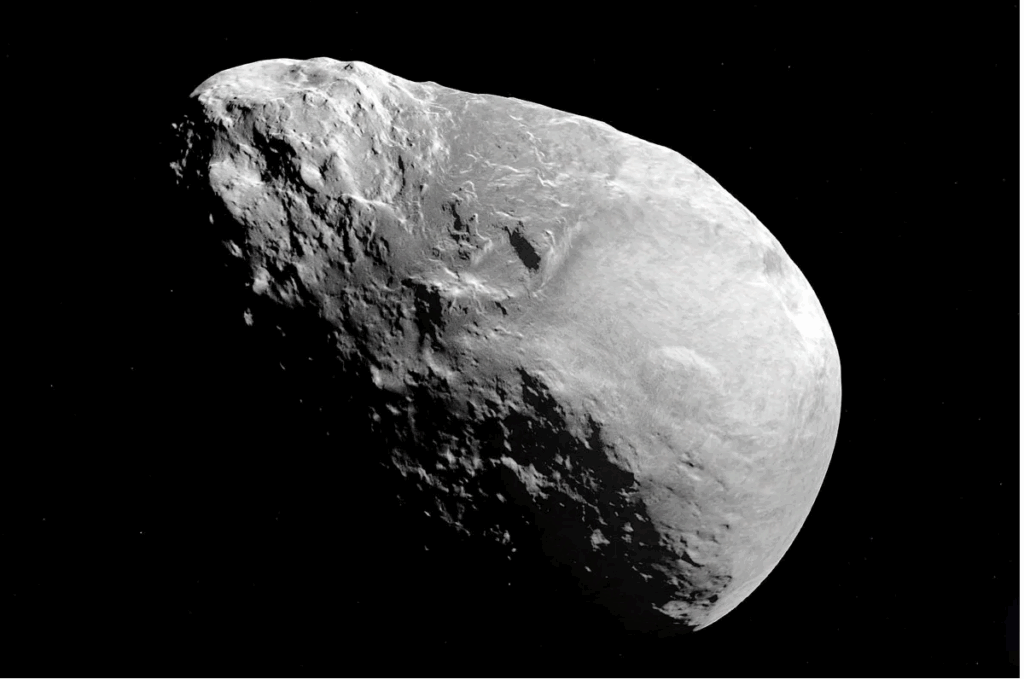
Scientists are watching a newly discovered object in space, and most of them agree it’s a comet, but not all of them. A Harvard scientist, who believes he’s seen proof of alien life before, suspects this object may instead have alien origins. CBS News reported.
Professor Avi Lobe said there are clear signs that the comet known as “31/ATLAS” could be an alien craft.
“We should put all possibilities on the table that it’s a rock, a comet, or something else until we get the evidence, the data that will tell us what it is,” Loeb said in an interview with WBZ-TV.
Professor Loeb and his team say the interstellar object is on a extremely unusual course for a comet, one that will take it close to Venus, Mars, and Jupiter.
Lobe said the object appears to be “intelligently” directed and if it is alien, the world should prepare.
“I think that when we have a blind date from a visitor from another star, all bets are off,” said Lobe. “We shouldn’t assume anything, and we should assess the risk given the data that we have.”
Loeb said the risk should be assessed using something like the Richter scale for earthquakes.
“Zero would be a natural object like a comet,” Loeb said. “Ten would be an object that maneuvers as if it has an engine that is definitely technological, and then there should be some policymaking deciding how to respond to that.”
BBC reported: Are we alone in the Universe? That’s the question scientists have been asking for centuries. And while its long gone unanswered, a new discovery could finally unlock the asteroid known as Bennu, over 60 million kilometer (40 million miles) from us. But OSIRUS didn’t just touch down on the astroid. It also collected samples of Bennu and brought them back to earth in 2023.
This isn’t just an impressive feat of engineering, but it meant scientists could examine a ‘one in a million’ asteroid. That’s because Bennu isn’t jut any piece of space rock, but due to its carbon-rich composition and close proximity to Earth, it’s effectively a time capsule of the early Solar System.
“We often talk about building blocks of life. As life seems to have originated on Earth, the question is how many of these building blocks for life came from processes on Earth and how many of them came from extraterrestrial material?”
I find it interesting when scientists zoom in on something that has caught their attention. For example, scientists found thousands of organic molecular compounds, including 14 of 20 protein amino acids present in lifeforms on Earth.
According to NASA, Comet 31/ATLAS poses no threat to Earth and will remain far away.
